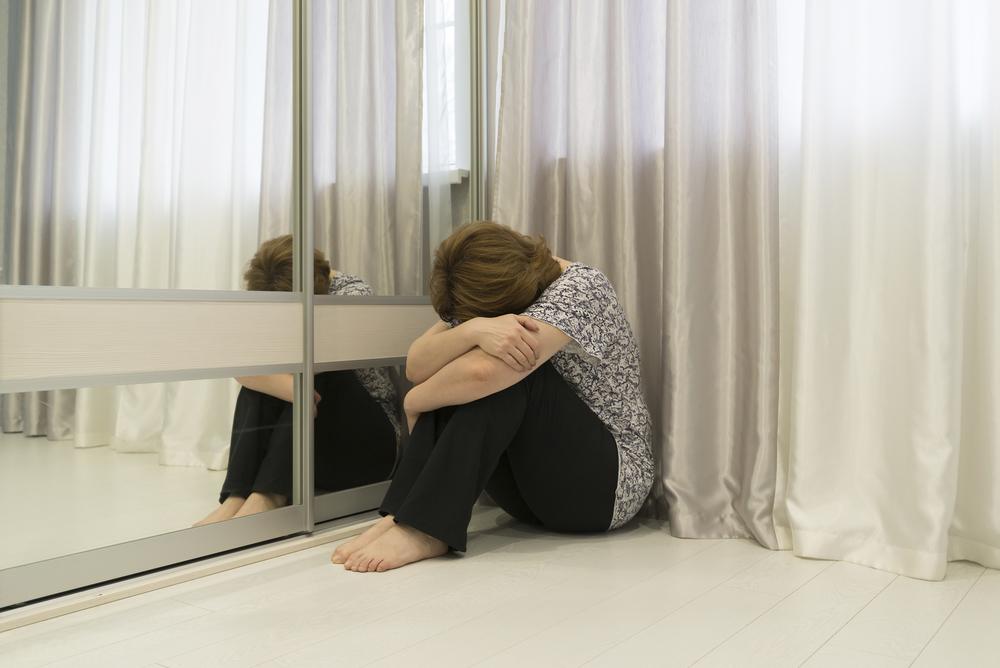Nasal Polyps: Symptoms, Causes, and Effective Treatment Strategies
This article explores nasal polyps, their symptoms, causes, and treatment options. It emphasizes early detection, management strategies, and the importance of medical consultation to relieve symptoms and prevent complications. Proper hygiene, avoiding irritants, and managing underlying conditions are key to controlling nasal polyps.

Nasal polyps are benign, soft growths that develop on the mucous lining of the nasal passages or sinuses, often appearing as grape-like or teardrop-shaped masses. Though painless, these growths can obstruct airflow, leading to breathing issues and a diminished sense of smell. They are also associated with frequent sinus infections. Early detection of symptoms is essential for effective management and relief.
Common Signs and Symptoms
Ongoing nasal congestion or runny nose
Postnasal drip
Reduced or lost ability to taste
Loss of smell
Facial pain or headaches
Discomfort in upper teeth
Nosebleeds
Snoring
Facial or forehead pressure
If symptoms persist over 12 weeks, consulting a healthcare professional is important. Immediate medical attention should be sought if breathing becomes difficult.
Underlying Causes of Nasal Polyps
The precise cause remains unknown, but inflammation and immune responses in the nasal mucosa are believed to contribute. Certain conditions increase the risk of developing polyps, including:
Asthma
Fungal sinusitis
Cystic fibrosis
Sensitivity to NSAIDs (like aspirin)
Vitamin D deficiency
Churg-Strauss syndrome
Prolonged irritation and swelling in the nasal passages due to these factors may lead to polyp formation.
Management and Prevention Tips
Practice Good Hygiene: Maintain cleanliness to reduce infection risks that worsen inflammation.
Avoid Pollutants: Stay away from cigarette smoke, dust, and fumes to prevent irritation.
Manage Underlying Health Conditions: Proper treatment of asthma and allergies can prevent symptom progression.
Use Humidifiers: Adding moisture to the air helps mucus flow; ensure humidifiers are clean to avoid bacterial growth.
Nasal Irrigation: Saline sprays or rinses like neti pots can clear obstructions. Always consult a healthcare provider before use.
Always seek medical advice before starting any treatment, especially if you have allergies or other health concerns. Lifestyle adjustments or medications should be guided by professionals.


